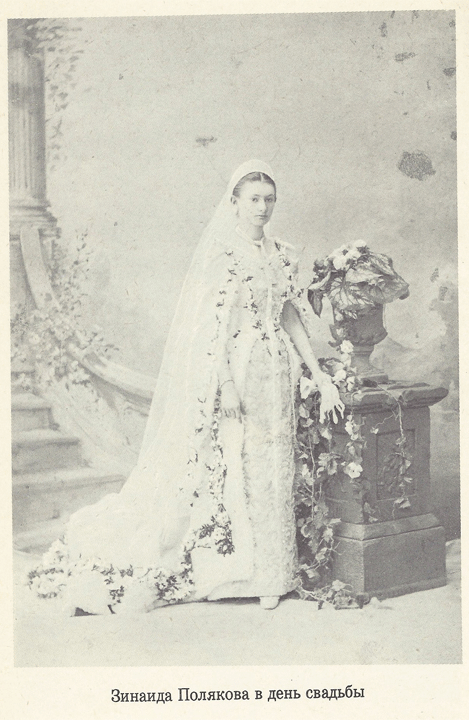Evaluating Imperialist Russia Through 20th-Century Diaries
On Thursday, October 27, Colgate’s Program in Jewish Studies hosted its annual Lautenberg Lecture, where Professor of Near Eastern and Judaic Studies and Women’s and Gender Studies at Brandeis University ChaeRan Freeze presented a lecture on the history and social scene of Imperial Russia through the writings of a Jewish-Russian high society daughter.
Freeze shared the diaries of Zinaida Poliakova (1862-1952), whose father was a railway mogul and banker. The entries, which span 75 years, were each found, studied and translated by Freeze. The ten diaries include Poliakova’s personal accounts of her life from pre-adolescence to the last years of her life. Freeze used these diaries to present an in-depth view of Jewish and Russian culture during this time period.
Poliakova’s thoughts about marriage and love during the time are two prominent themes in the diaries. Freeze explained that the diary presented modern ideas about a woman’s role in loving and choosing a husband. Poliakova married Reuben Gubbay (often called “Reuby” in the diaries), the very successful grandson of an Iraqi business man.
Poliakova’s diaries also present her parent’s concerns about their Jewish identity and upper-class status. They insisted that she marry a Jew, as was common in that time period for traditional Jewish families. Additionally, Poliakova’s family was the first Jewish family in Russia to attain a hereditary status from the Russian government. Through wealth, philanthropy and a large presence in Russia’s social high society, the Poliakov family gained recognition as one of the most influential families in Russia.
Many entries in the diaries address the material luxuries that the family enjoyed because of their wealth. Poliakova often wrote long passages about the balls she attended, the ballets she observed in France and Russia, society gossip, the latest Parisian fashions and her fondness of hats. The Poliakov family was well known for their presence at balls and often hosted large events. They were passionate about the arts and enjoyed operas, music, dance and paintings.
The Poliakovs valued education and culture. While most of Poliakova’s diaries are written in Russian, she learned French, English and German at her mother’s insistence. Poliakova’s diaries show the role her family’s status played in her access to education, which was often reserved only for males.
First-year Brynn Ressa enjoyed the presentation’s examination of different aspects of Poliakova’s life.
“[The presentation] provided a really thorough look into Zinaida’s life, especially her social and economic life,” Ressa said.
Freeze displayed images of Poliakova’s actual diary on screen and pictures of the locations and people that she discussed in her reading.
Ressa commented on the helpfulness of the graphics that Freeze provided.
“I think students were very interested because we also had visuals to go along with the writings,” Ressa said.
The presentation concluded with a discussion and some questions from students and faculty, where students and teachers posed questions about Poliakova and her family.
Freeze is producing an anthology of the documents presented that cover Russian Jewish History in Imperial Russia, including pages from Poliakova’s diaries and passages from her uncle Yakov’s diaries. Freeze hopes to create an extensive anthology, detailing this family’s role in Imperial Russia.




